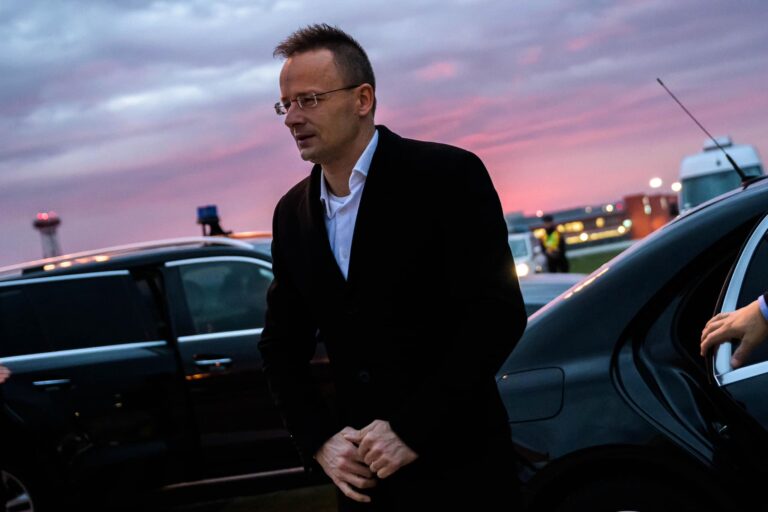migration
MEP Gyöngyösi: We will never support migration! – VIDEO
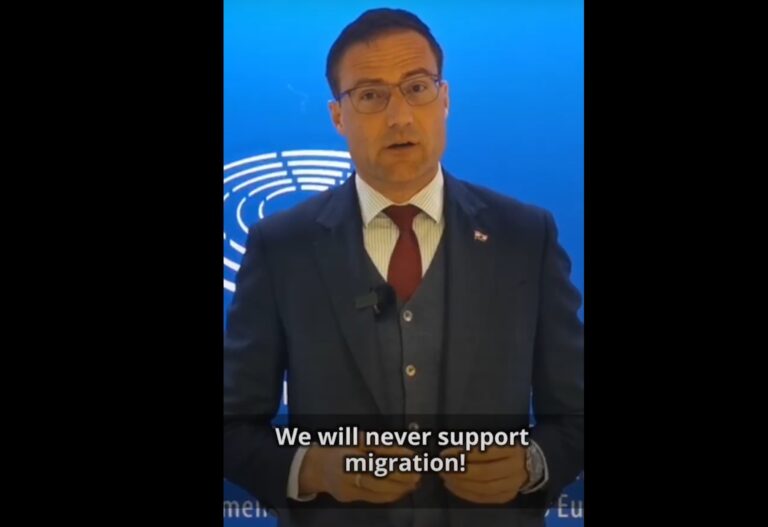
Fidesz: Brussels failing to focus on stopping migration
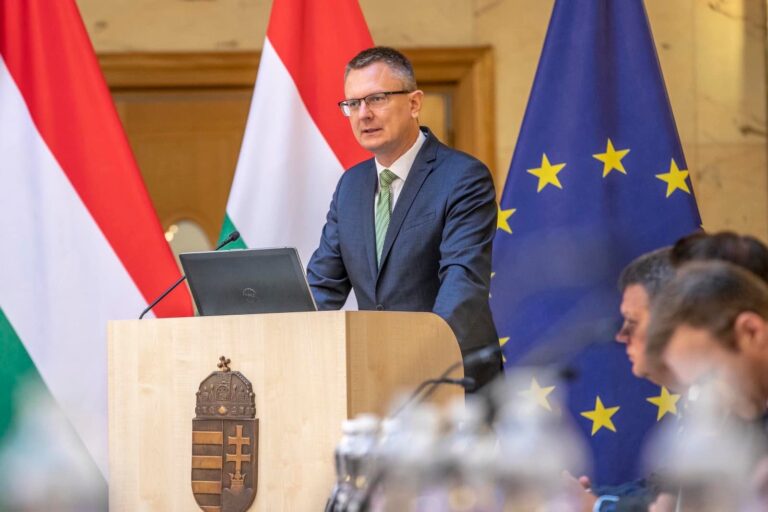
Orbán cabinet: Brussels will not protect the EU’s borders, carries out Soros plan
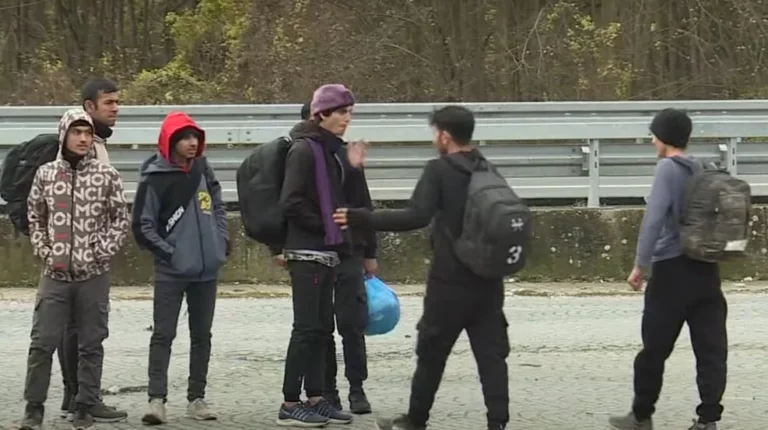
Illegal migration: police launch special checks at train stations, on trains, deploy dogs
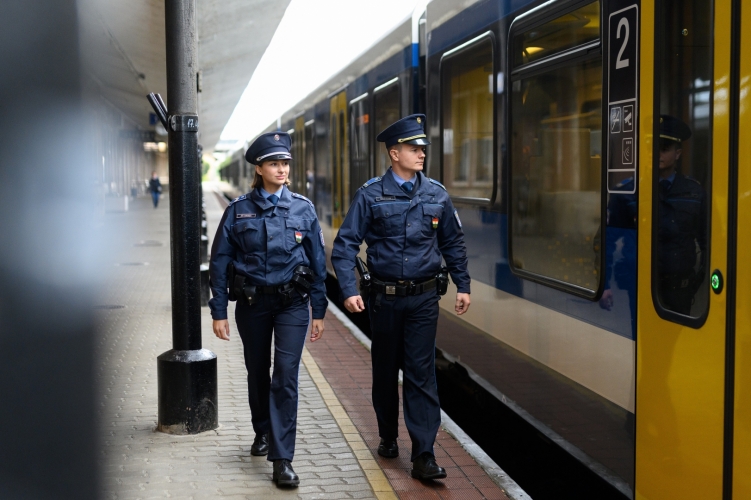
Hungarian government official: EU borders under siege, migration growing

Fidesz: ‘EP attacking Hungary over its rejection of migration, gender madness’

Foreign Minister Szijjártó: Hungary counts on Austria’s support
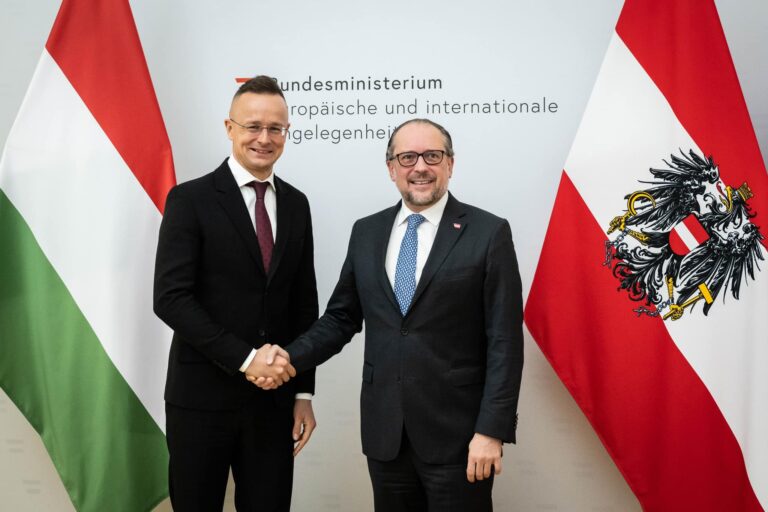
Hungarian government wants to reduce migration pressure on Europe

Orbán Cabinet: ‘New EU migration pact could have serious consequences’

Controversial decision: over 2000 foreign traffickers released from Hungarian prisons in 2023
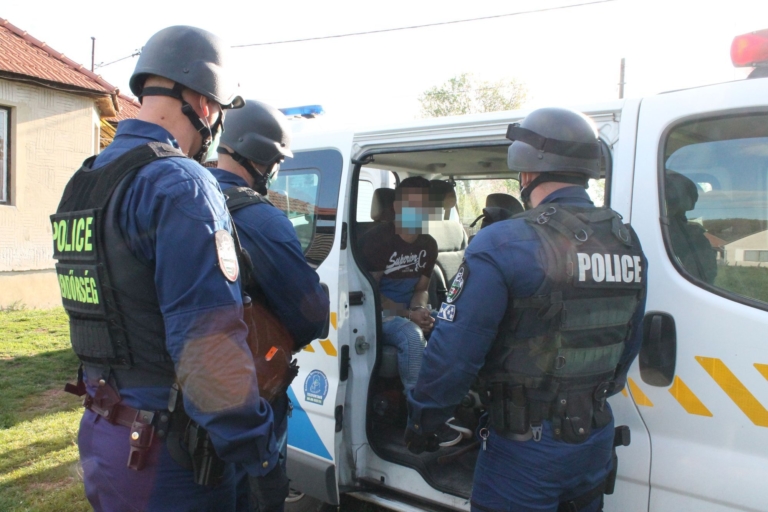
Interior ministry: Western Europeans move to Hungary because of migrants
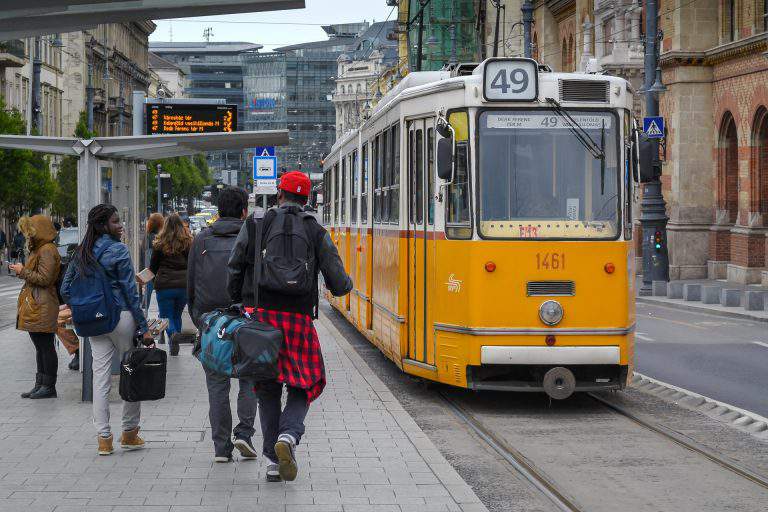
120 thousand guest workers in Hungary, Gyurcsány’s DK outraged – UPDATED
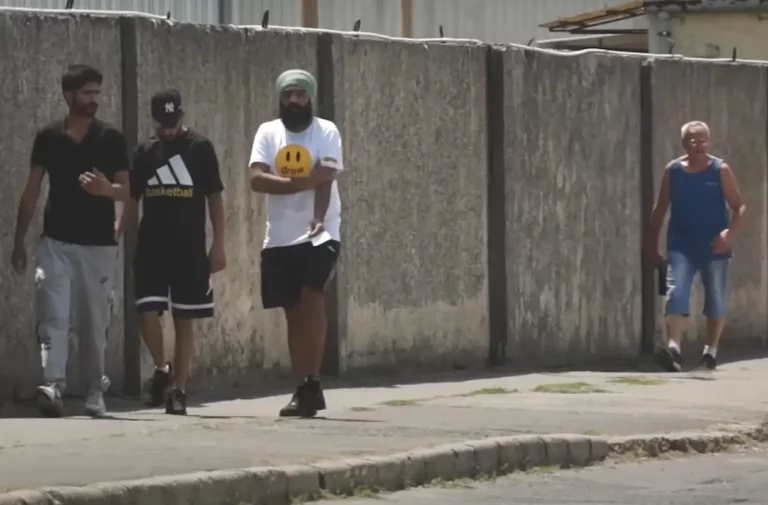
New rule-of-law procedure will start against Hungary? – UPDATED
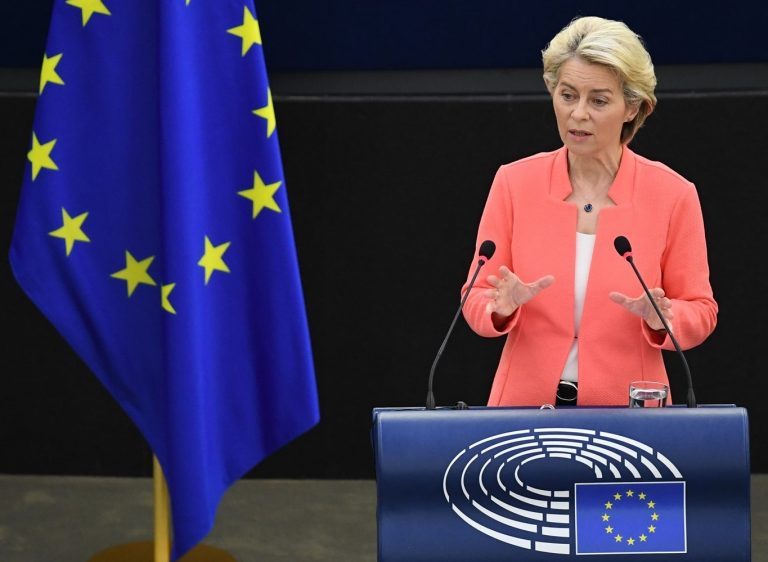
EP elections to be ‘eye-opener for Brussels’, says Orbán’s political director
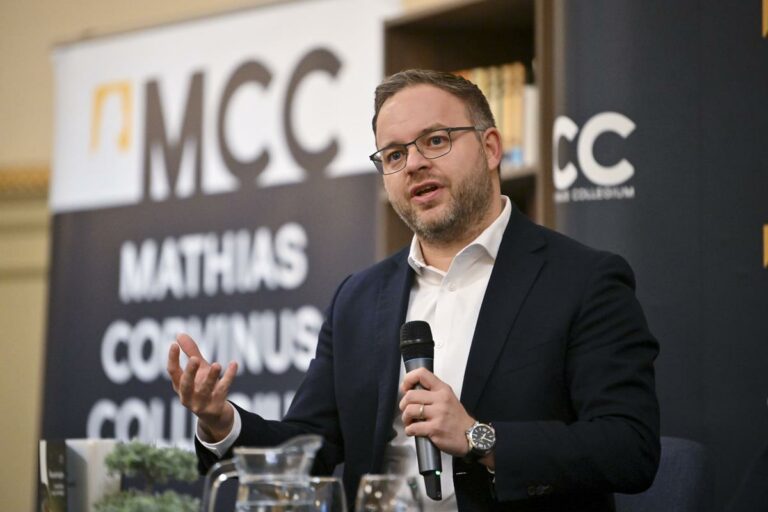
Fidesz: Despite “pro-terrorist demonstrations” in W European cities, Brussels continues its policy

Government: EU’s ‘failed solution’ on migration ‘compromises security’

PM security advisor: Hungary rejects implementing EU migration pact
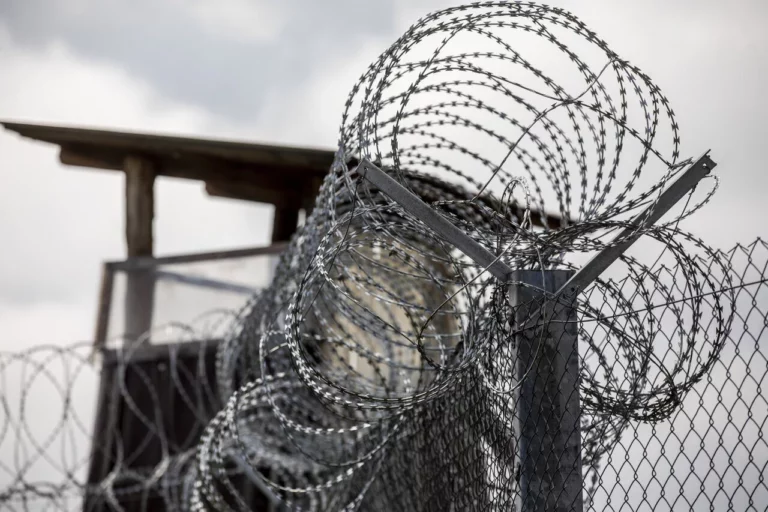
Szijjártó: We strongly reject new EU pact
